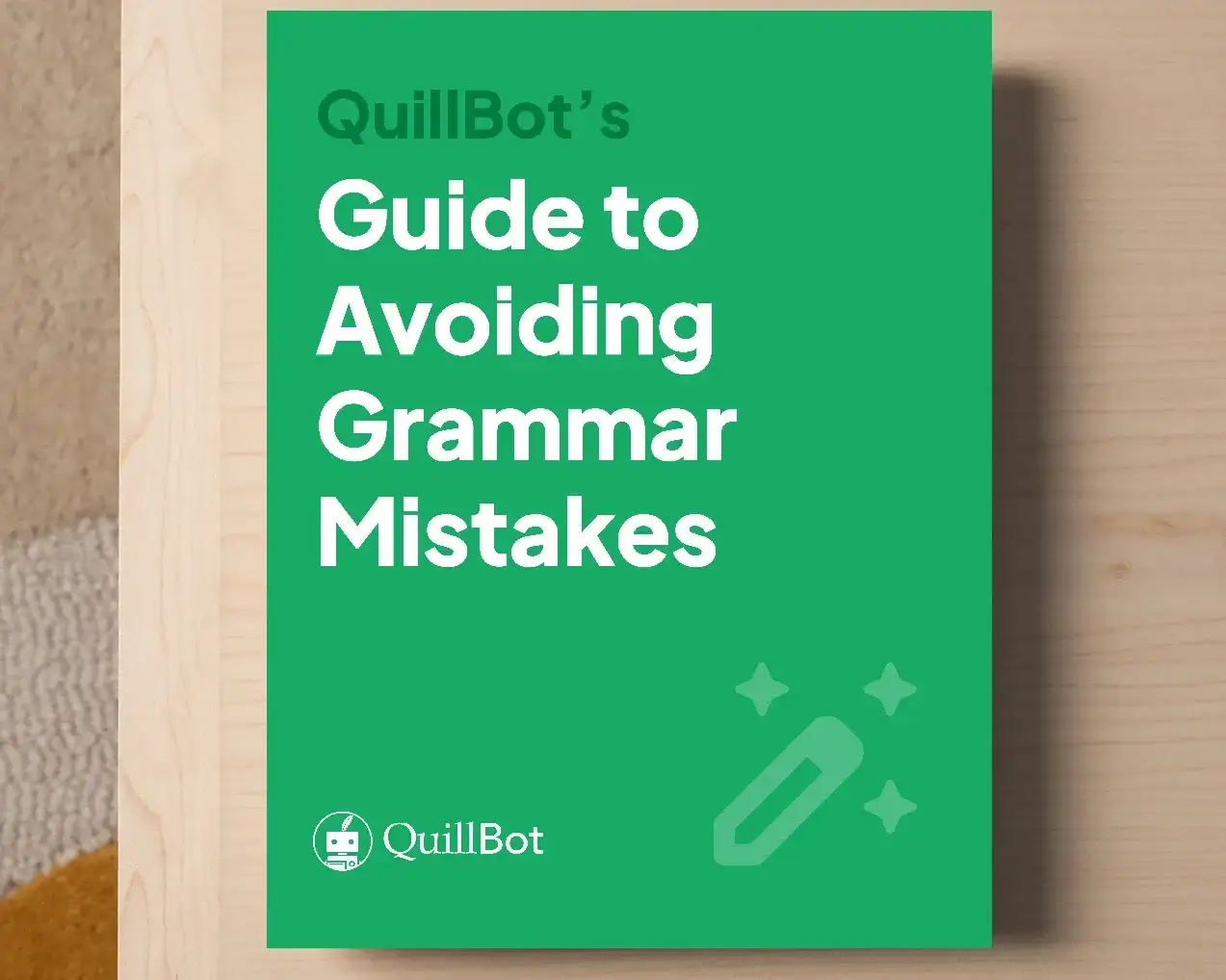“Fall head over heels” means “to have sudden and intense romantic feelings for someone.” It’s an English idiom that uses the physical act of falling as a metaphor. Here are a couple of examples:
- After just two dates, Taylor fell head over heels for Travis.
- Haley didn’t fall head over heels for Alex at first, but she’s very much in love with him now.
When you’re curious about other idioms and phrasal verbs with “fall,” ask QuillBot’s AI Chat for definitions and examples.
Read this FAQ: What does fall head over heels mean?
“Fall off the wagon” means “to stop participating in a healthy lifestyle change.” For example, if someone quits using tobacco for a year and then starts again, they have fallen off the wagon. If someone starts exercising every day and stops, that’s also falling off the wagon.
The idiom “fall off the wagon” came from the temperance movement in the early 1900s and refers to a water wagon. Someone who quit drinking alcohol was “on the water wagon.” If they started again, they were “off the water wagon.”
When you’re curious about other idioms and phrasal verbs with “fall,” QuillBot’s AI Chat can provide quick answers.
Read this FAQ: What does fall off the wagon mean?
“Till the wheels fall off” means “until it’s no longer possible.” This English idiom uses a car as a metaphor for anything that you can use until it’s no longer functional or fixable (even if it doesn’t have wheels).
“Fall off” is one of the phrasal verbs with “fall,” and it means “to detach.” Here are a few examples of how to use “till the wheels fall off” in a sentence:
- Our air conditioner is 50 years old, and we’re not replacing it until the wheels come off.
- Mia used her old backpack till the wheels came off.
When you’re curious about other English idioms, QuillBot’s AI Chat can provide quick answers.
Read this FAQ: What does till the wheels fall off mean?
“The apple doesn’t fall far from the tree” means that a person closely resembles one of their parents or caregivers. For example, if a child and mother both have strong math skills, someone might say, “the apple doesn’t fall far from the tree.”
In this English idiom, the apple is a metaphor for the child, and the tree is a metaphor for the parent or caregiver.
There are many idioms and phrasal verbs with “fall” in the English language, and QuillBot’s AI Chat can answer questions about them.
Read this FAQ: What does the apple doesn’t fall far from the tree mean?
“Spring forward fall back” refers to the time changes that occur because of daylight savings.
On the second Sunday in March, in places that observe daylight saving, everyone sets their clocks one hour ahead. When it’s time to fall back on the first Sunday in November, people move their clocks back an hour.
QuillBot’s AI Chat is a free and helpful resource when you have questions about idioms and phrasal verbs with “fall.”
Read this FAQ: What does spring forward fall back mean?
A synonym for putting off (e.g., “I’m putting it off until tomorrow”) is “delaying,” “postponing,” “procrastinating,” or “rescheduling.”
“Putting off” is the present participle of “put off,” which is a phrasal verb. When someone is putting a task off, they’re deciding to do it later than scheduled or expected.
“Putting off” is a casual word choice, but its synonyms are more formal. When you need to adjust the tone of casual word choices like “putting off,” the QuillBot paraphrasing tool will show you formal alternatives.
Read this FAQ: What’s a synonym for putting off?
Synonyms for off-putting include “unpleasant,” “unappealing,” and “distasteful.” “Off-putting is an adjective and a compound word that comes from the phrasal verb “put off.”
When something is off-putting to someone or puts someone off, it causes them to feel dislike or disinterest.
“Off-putting” is an informal word choice, so in formal writing (e.g., essays), one of the synonyms is usually more appropriate. The QuillBot Paraphraser can instantly show you formal ways to say “off-putting.”
Read this FAQ: What are some synonyms for off-putting?
Both smooths and smoothes are acceptable spellings of the third-person singular simple present tense form of the verb smooth (e.g., “The painter smooths/smoothes the paint while it is still wet”). Smooths is the original form since it follows the standard rule of adding an -s to the verb; however, smoothes has more recently become an acceptable variant.
Use QuillBot’s free Grammar Checker to instantly confirm the spelling of any word.
Read this FAQ: Is it smooths or smoothes?
The definition of make bank is “to make a lot of money” (e.g., “Julian is currently making bank as a real estate agent”). It’s a slang word that’s similar to the idioms and phrasal verbs with make.
Because “make bank” is very informal, you should usually avoid it in formal writing, but the QuillBot paraphrasing tool can show you formal alternatives.
Read this FAQ: What is the definition of make bank?
It is usually makeup, not make-up. “Makeup” is a compound noun (a type of compound word) that doesn’t have a hyphen. “Makeup” usually means “cosmetics” (e.g., “The model’s makeup was natural and subtle”). “Makeup” comes from the phrasal verb “make up.”
When you’re writing with phrasal verbs with make or compound words, the QuillBot Grammar Checker can instantly show you when to use a space, a hyphen, or one word.
Read this FAQ: Is it make-up or makeup?
